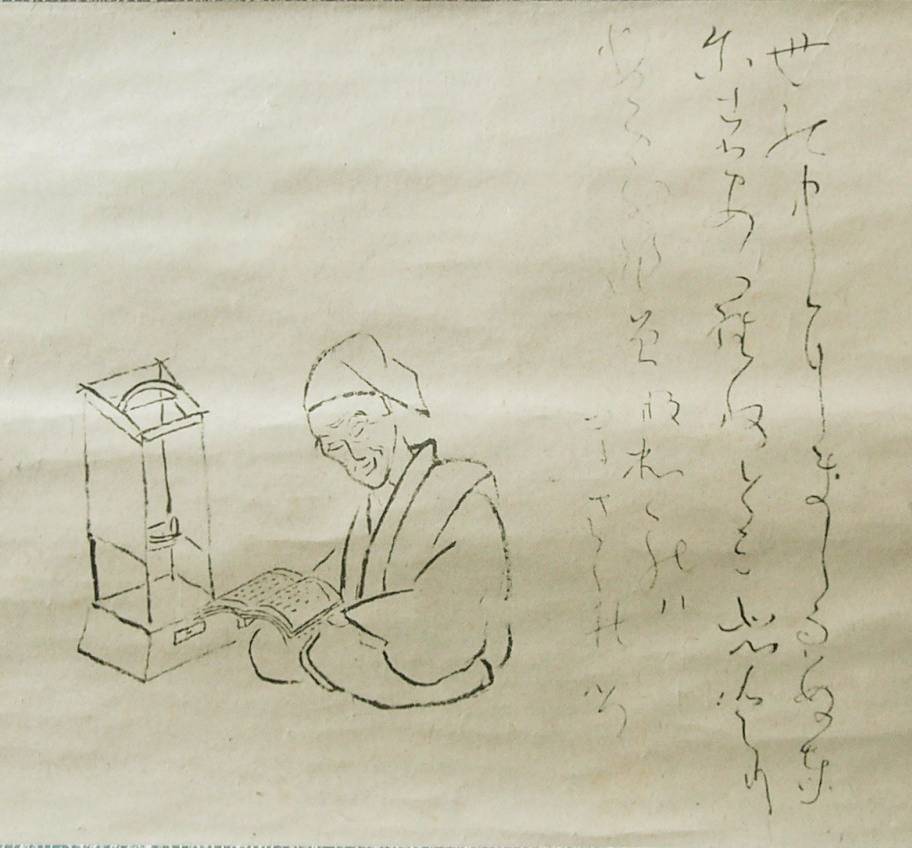Every age has its eccentrics, and its characteristic attitudes toward them — bemusement, contempt, tolerance, secret (sometimes open) admiration and various mixtures in varying proportions.
Typically, what seems eccentric to one age is conventional to another. Supposing a strange man of the Heian Period (794-1185) and a strange man of the Edo Period (1603-1868) met, what would they say to each other? Would their common strangeness unite them, or their different forms of strangeness estrange them?
“If a man conforms to society, his mind will be captured by the filth of the outside world,” wrote Yoshida Kenko (1283-1350) in the classic “Tsurezuregusa” (“Essays in Idleness”). Who has not felt this? Those who act on the feeling bid society farewell and become “strange.” The author himself, a somewhat worldly priest, did not; he was not strange enough, perhaps. He remained in society.


















With your current subscription plan you can comment on stories. However, before writing your first comment, please create a display name in the Profile section of your subscriber account page.